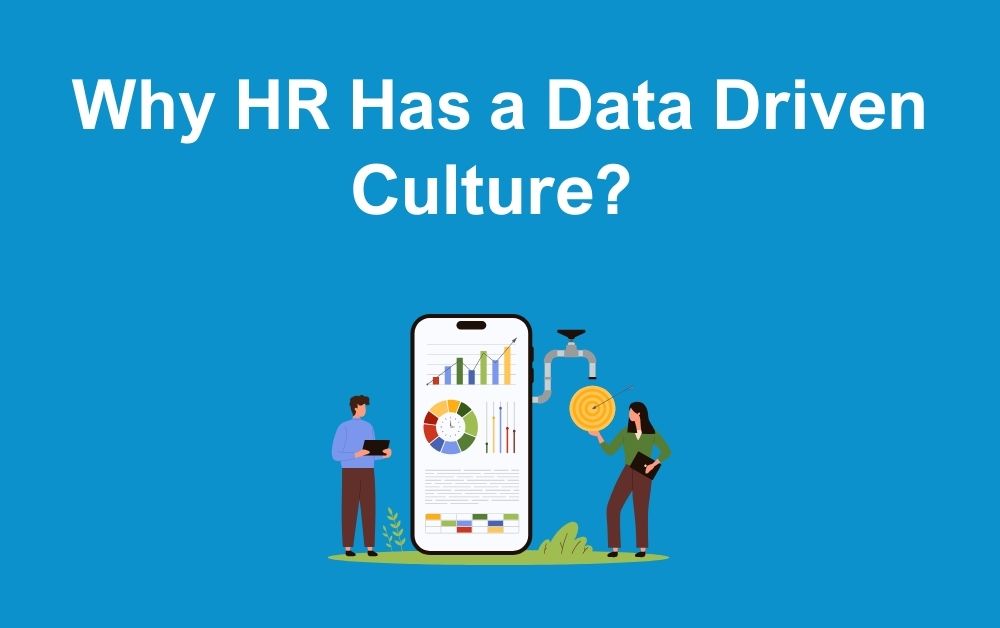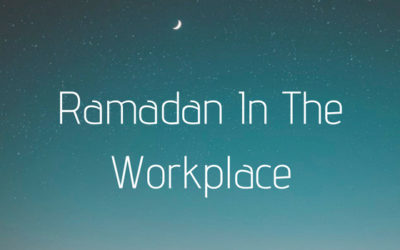Data plays a key role in helping HR departments make important business decisions across all areas.
Over the years, human resources have become increasingly data driven.
HR departments now collect and analyse data from a wide range of sources in order to make important business decisions, along with managers and directors. Here we’ll take a look at the type of data collected by HR and why it is so important.
Hiring new talent
Data collection and analysis are essential steps in the process of hiring new talent. Without data, HR wouldn’t know which departments require new employees and what expertise was necessary.
Data can answer a number of HR questions such as:
- Are there departments that could benefit from greater diversity in their team?
- Does the organisation have all of the necessary skills and expertise?
- Which departments are lacking in certain skills and expertise?
HR workers are also able to use the data they have collected to determine the best way to target new talent. For example, they will be able to evaluate the recruitment channels they have used in the past and determine their effectiveness. Data will also allow them to work out there cost and time to hire, as well as the type of talent (and their characteristics) that have proved compatible with the organisation.
Monitoring employee performance
In order to know that they have made the right decision in hiring certain employees, HR must also collect data on their performance. Metrics that can be measured include:
- Speed at which new hires are promoted
- The time it takes for recruits to get to full performance
- Profit generated per employee
This information can be used to establish whether or not HR made a good hire. If the outcome is no, they will be able to adjust their methods to ensure the same doesn’t happen again.
Training
Training is a necessity to all businesses, yet it can be very costly, which is why HR use data to analyse its effectiveness. Data collection and analysis can help HR determine their annual training costs and estimate their budget for the following year. It can also be compared with employee performance to determine which training programmes have proved to be the most successful.
Absence data
The data-driven culture helps HR keep track of employees and monitor turnover rates.
Absence can also be very costly for businesses and therefore requires careful monitoring through HR data analysis. Collecting data on employee absence (both sickness and holidays) can determine the following:
- Whether employees have taken an excessive number of sick days (requiring intervention)
- How much holiday an employee has taken (important for future holiday requests)
- If there’s a backlog of holiday requests at the end of the year (causing staffing problems for the business)
Retention of talent
It’s not just employing new talent that requires good data analysis but the retention of talent currently working for an organisation too. HR can use the data they have collected to monitor turnover rates of employees by location, department, team, role and pay.
If there are any unusually high levels of turnover in certain roles, departments or locations, they can investigate why and make improvements. It may be a case of needing more training in certain roles or increasing salaries in order to improve competitiveness. Data will allow HR to determine the appropriate action to take.
Conclusion
As you can see, data is crucial to the work of HR departments, which is why it has become a key part of the culture. Data collection and analysis allows HR departments to make well-informed decisions that benefit the organisation as a whole. Without a data driven culture, decisions would be made on a whim and in such competitive times that simply won’t do the job!
For more information contact us at The HR Booth on 01383 668178 or email us at info@thehrbooth.co.uk







